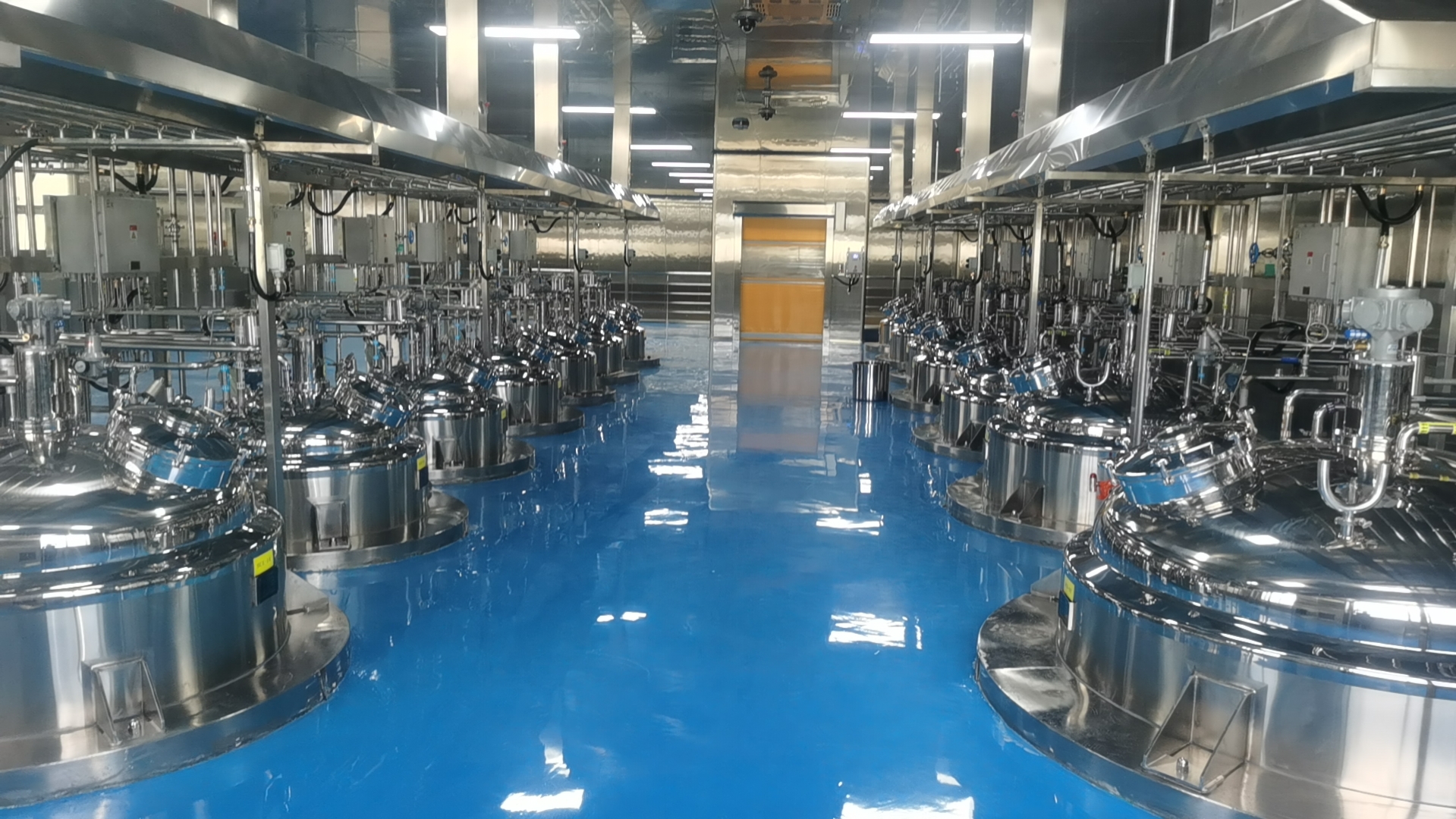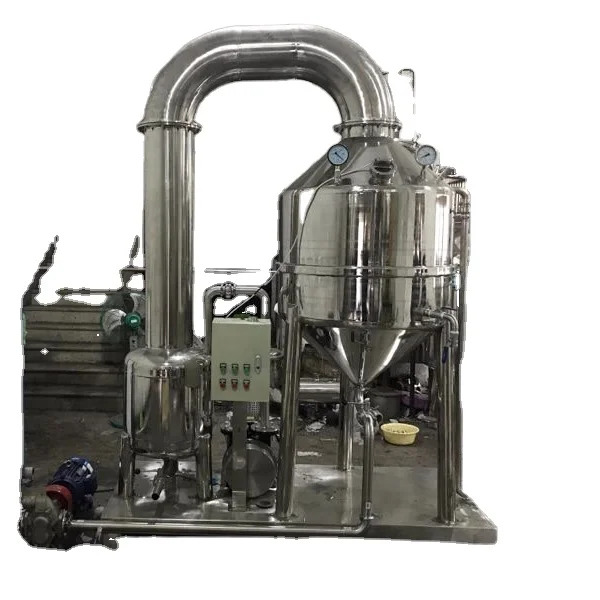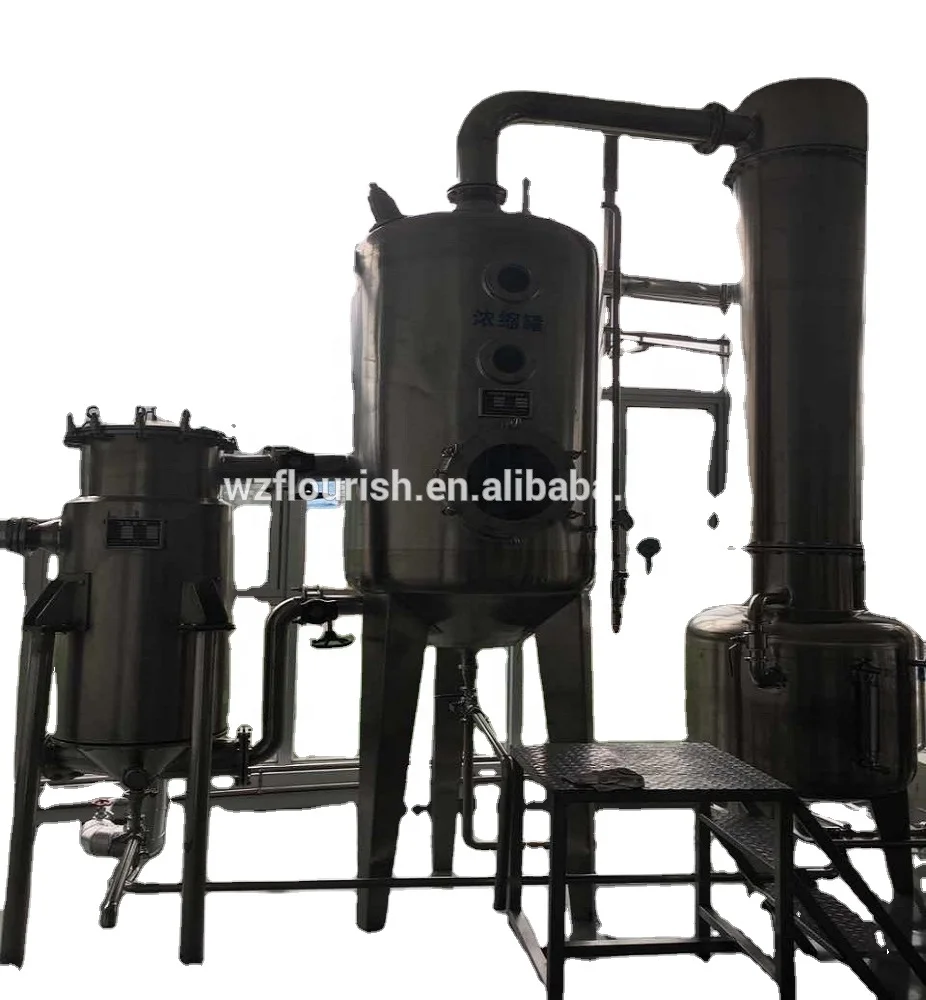
ABOUT
Wenzhou Vince Machinery Science Co., Ltd. was established in early 1980s. Our company covers an area of 6500 square meters and is an independent legal representative firm, possessing rich economic technology strength. Our company is a high tech enterprise and plays an important role in national dairy, foodstuff, pharmacy and machinery industries. We are a beverage machinery supplier.
Since the establishment, our company has mainly engaged in dairy products, foodstuff, beverage machinery, bean products, yellow wine, medicines and fermentation projects. What's more, our company supplies a complete sequence services in manufacturing, installation, test and personnel train, as well as the whole direction service design and consulting service on product project construction or enlargement artistic distribution engineering sets budget.
Unveiling the Power of Fermentation Tanks in Industry
The Alchemy of Fermentation Tanks
Fermentation tanks, often referred to as bioreactors, are the workhorses of fermentation processes. These vessels are designed to provide a controlled environment for the growth and metabolic activity of microorganisms. They typically consist of a cylindrical or rectangular container equipped with various features that enable precise control over the fermentation conditions. These features include:* **Temperature control:** The optimal temperature for microbial growth and product formation varies depending on the specific organism. Fermentation tanks are equipped with heating and cooling systems to maintain the desired temperature range.* **Agitation:** To ensure uniform nutrient distribution and oxygen availability, most fermentation tanks incorporate agitation systems that gently mix the contents.* **Aeration:** Some fermentation processes require oxygen for optimal microbial growth. Fermentation tanks can be equipped with aeration systems that deliver controlled amounts of oxygen into the broth.* **pH control:** The pH of the fermentation medium is crucial for microbial activity. Fermentation tanks are often equipped with pH monitoring and adjustment systems to maintain the desired pH range.* **Sampling ports:** Fermentation tanks usually include ports for taking samples of the broth to monitor the progress of the fermentation process and analyze the composition of the products.
A Universe of Applications
Fermentation tanks find application in a wide range of industries, playing a vital role in the production of various products, including:* **Food and Beverages:** Fermentation tanks are used to produce a diverse array of food and beverage products, including bread, beer, wine, cheese, yogurt, soy sauce, vinegar, and many more.* **Pharmaceuticals:** Fermentation is used to produce a wide variety of pharmaceuticals, including antibiotics, vaccines, enzymes, and hormones.* **Biofuels:** Fermentation tanks are employed in the production of biofuels, such as ethanol, from renewable resources like corn and sugarcane.* **Chemicals:** Fermentation processes are used to produce various chemicals, including organic acids, solvents, and biopolymers.* **Wastewater Treatment:** Fermentation is an integral part of wastewater treatment systems, where microorganisms break down organic matter and convert it into less harmful substances.
The Evolution of Fermentation Technology
Fermentation technology has undergone significant advancements in recent years, driven by innovations in materials, sensors, automation, and process control. Some of the key developments include:* **Advanced materials:** The use of stainless steel and other high-quality materials ensures the durability, hygiene, and corrosion resistance of fermentation tanks.* **Sensor technology:** Sensors are integrated into fermentation tanks to monitor various parameters like temperature, pH, dissolved oxygen, and cell density, providing real-time data for process optimization.* **Automation and process control:** Automation systems control various aspects of the fermentation process, allowing for precision, repeatability, and increased efficiency.* **Bioprocess modeling:** Mathematical models are used to simulate and optimize fermentation processes, leading to improved product yields and reduced production costs.
The future of fermentation holds exciting possibilities. Ongoing research and development are focusing on further enhancing the efficiency, scalability, and sustainability of fermentation processes. The use of genetic engineering, synthetic biology, and artificial intelligence is opening up new avenues for creating innovative products and addressing global challenges in areas such as food security, healthcare, and environmental sustainability.
SUBSCRIBE
INQUIRY





